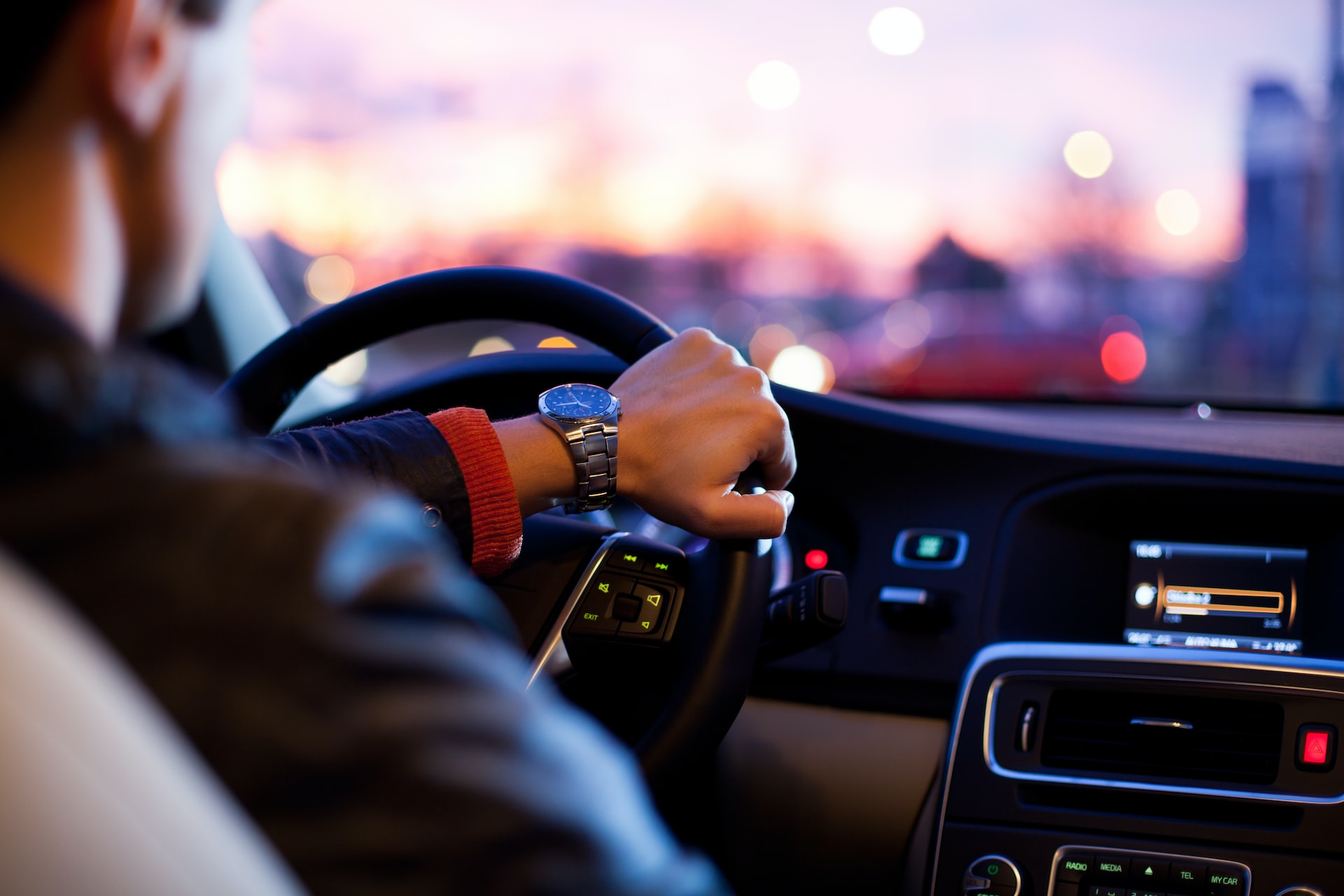Celebrations, events, and holiday stress create a perfect environment ripe for drink driving infractions. Statistically, drink driving during the Christmas period and January increases somewhere between 30-68%. Depending on where you live, New Year’s Eve and New Year’s Day have the highest amount of alcohol-related offences and crashes.
This morning on New Year’s Day police have already reported many drink driving incidents, one of which resulted in two people being arrested in the same car in the market town of Wokingham, Berkshire.
TVP Roads Policing Twitter account at 3:30 this morning stated: “The male driver decided to swap seats with female front seat passenger while car was still in motion. The female then continued to drive. Both now in custody as both over the limit”. Followed by the obligatory and humorous face-palm emoji. (Source)
According to the Reported drinking and driving data (Source) produced by the Department for Transport, January makes up about 11% of drink driving offences in a given year, increasing to 23% when including December. The majority of the 11% of offences in January occur during New Year’s Day following the festivities from the previous night.
Whether through extenuating circumstances, over-confidence, or peer pressure, many motorists intentionally place themselves behind the wheel even though they know they are over the legal limit during the festive season.
Oftentimes, hungover motorists don’t know or understand that they can still be drunk from the night before when they begin to drive the next morning. This results in unintentionally partaking in drink driving which can come as a surprise when pulled over.
Whether intended or not, these situations can easily result in disaster and severe punishments.
What are the punishments for Drink Driving?
If you end up charged with a drink driving offence you could easily face many fines, point penalties, driving bans, or even imprisonment. The severity of the punishment can range widely and depends on many factors, namely past driving history.
Motorists with a poor driving history can get up to 12 points in a 3-year period which can get them banned from driving for six months due to a totting up ban.
Hiring a Driving Offence Solicitor can be integral in defending your driving privileges. Solicitors ensure you are treated fairly and provide methods to bolster your defense in court. Solicitors can also help provide proof of exceptional hardships, and past driving history that may prevent you from losing your privilege altogether.
Consensus
The legal alcohol limit for driving is 35mg and a single drink can bring any motorist above the legal limit. Often motorists will not feel like they are over the limit, but tests will clearly show them to have above 35mg of alcohol within their breath.
Following the festivities of the holidays and the New Year, it is guaranteed that many motorists will make mistakes that result in bans and punishments on their driving record. If you have unintentionally been arrested for a drink driving incident, seek legal help. Remember that it takes a long time for alcohol to leave your system so plan accordingly.







